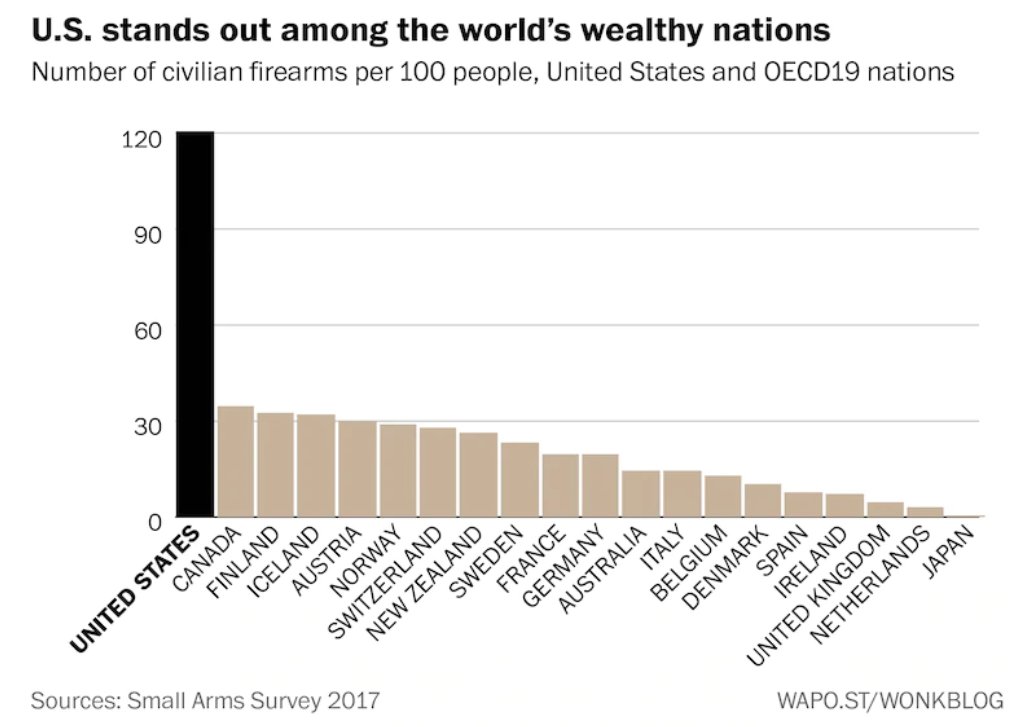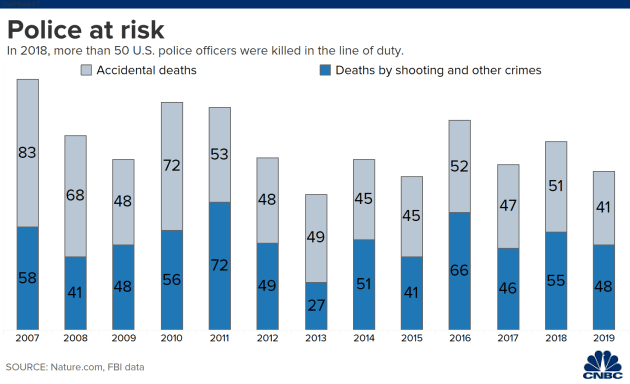
The Nobel Prize in economics went to theorists who made major contributions to our understanding of how to design auctions.
If it seems far from you, it should not. Auction theory is one of the major successes in economics which had very large real world implications. (Thread)
If it seems far from you, it should not. Auction theory is one of the major successes in economics which had very large real world implications. (Thread)
https://twitter.com/nobelprize/status/1315589975002550272
Economists are known to like markets. Markets are a way to allocate resources. But they are not the only one. Auctions are another way to organise who get what, at what price. You are surely familiar with art auctions, housing auctions, or eBay auctions.
But really the notion of auction is very broad. Contests such as sporting matches, legal battles, political races, grant applications can also be conceived as auctions where contestants bid resources in the hope of securing a prize.
link.springer.com/article/10.100…
link.springer.com/article/10.100…
Most importantly, auction theory has helped governments to get major companies to pay the right price for public goods such as airwaves.
In the USA, auction theorists, and Milgrom and Wilson in particular, played a major role in the design of the spectrum auctions.
In the USA, auction theorists, and Milgrom and Wilson in particular, played a major role in the design of the spectrum auctions.
https://twitter.com/ajitpaifcc/status/1315629695128535041
In Europe, auction theorists played a major role in extracting billion of euros from telecom companies when selling 3G licences. The UK auctions were a great success and the 39 billion euros collected went into the public coffers.
Excellent history here:sciencedirect.com/science/articl…
Excellent history here:sciencedirect.com/science/articl…

Today auction design is key in many important areas. One of them is the management of environmental resources.
https://twitter.com/jeem_tweets/status/1315812248686792704
Economics has often been accused of being disconnected from reality with its abstract theory of pure markets. But the theory of auction design is clearly one of the areas where economics has been the most relevant and impactful.
End/
End/
And a plug to my great colleagues at @UTS_Economics who contribute to this field of research:
@isaeminhafalir, Antonio Rosato, Jingjing Zhang, Jun Zhang, Benjamin Balzer.
@isaeminhafalir, Antonio Rosato, Jingjing Zhang, Jun Zhang, Benjamin Balzer.
• • •
Missing some Tweet in this thread? You can try to
force a refresh








